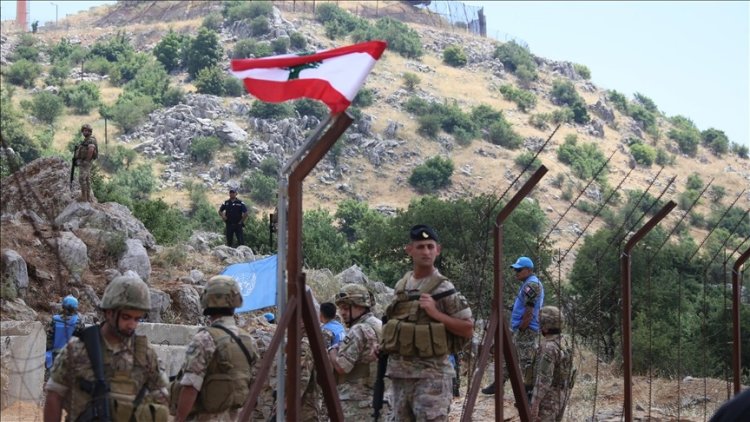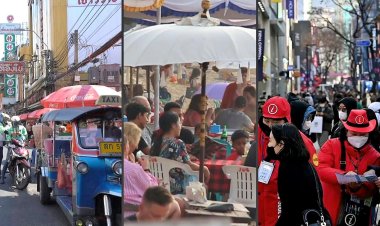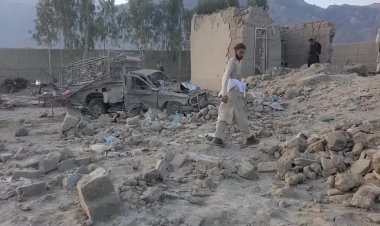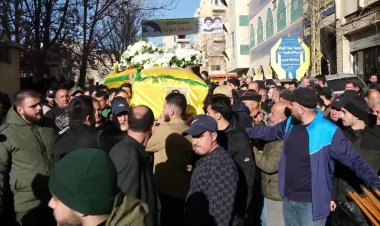Tensions Rise on Israel-Lebanon Border

In deserted villages and communities near the southern Lebanon border, Israeli troops and Hezbollah fighters have watched each other for months, shifting and adapting in a battle for the upper hand while they wait to see if a full scale war will come.
Ever since the start of the Gaza war last October, the two sides have exchanged daily barrages of rockets, artillery, missile fire and air strikes in a standoff that has just stopped short of full-scale war.
Tens of thousands have been evacuated from both sides of the border and hopes that children may be able to return for the start of the new school year in September appear to have been dashed following an announcement by Israeli Education Minister Yoav Kisch that conditions would not allow it.
Israeli strikes have killed nearly 350 Hezbollah fighters in Lebanon and more than 100 civilians, including medics, children and journalists, while 10 Israeli civilians, a foreign agricultural worker and 20 Israeli soldiers have been killed.
Even so, as the cross border firing has continued, Israeli forces have been training for a possible offensive in Lebanon which would dramatically increase the risk of a wider regional war.
That risk was underlined at the weekend when the Yemen-based Houthis, a militia which like Hezbollah, sent a drone to Tel Aviv where it caused a blast that killed a man and prompted Israel to launch a retaliatory raid the next day.
Israel had responded by adapting its Iron Dome air defense system and focusing its own operations on weakening Hezbollah's organizational structure by targeting its experienced commanders, such as Ali Jaafar Maatuk, a field commander in the elite Radwan forces unit who was targeted last week.















